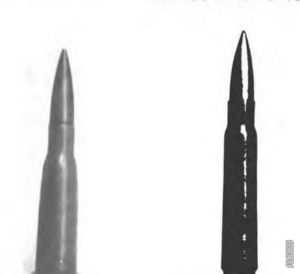The Origins of IQ
Intelligence is a complex and fascinating aspect of human cognition. For decades, scientists and psychologists have sought to measure and understand it. One such attempt gave birth to the concept of the Intelligence Quotient, commonly known as IQ.
Defining IQ
The Intelligence Quotient is a numerical measurement that aims to quantify a person’s cognitive abilities in relation to their age group. It is derived from a series of standardized tests designed to assess various aspects of intelligence, including logical reasoning, problem-solving, and verbal comprehension.
The Scoring System
IQ tests are designed to have an average score of 100, with a standard deviation of 15. This means that the majority of individuals fall within the range of 85 to 115. Scores above 130 are considered exceptional, while scores below 70 may indicate intellectual disabilities.
Criticism and Controversy
The concept of IQ has faced significant criticism over the years. Critics argue that intelligence is a multifaceted trait that cannot be accurately measured by a single number. They also emphasize the influence of cultural and environmental factors on test performance, which may result in biased outcomes. Despite these concerns, IQ testing remains widely used in various fields, including education and employment.
IQ and Success
Research has shown a correlation between higher IQ scores and certain measures of success, such as academic achievement and occupational attainment. However, it is important to note that IQ is just one factor among many that contribute to an individual’s overall abilities and achievements. Emotional intelligence, creativity, and social skills are equally important for personal and professional success.
Post
Post
The Future of Intelligence Assessment
As our understanding of intelligence evolves, so does the way we assess it. Traditional IQ tests are being supplemented with new measures that aim to capture a broader range of cognitive abilities. These include tests that assess emotional intelligence, creativity, and practical problem-solving skills. The goal is to provide a more comprehensive and accurate picture of an individual’s capabilities.
In conclusion, the Intelligence Quotient is a numerical measurement that attempts to assess cognitive abilities. While it has its limitations and controversies, it remains a valuable tool for understanding and studying intelligence. As science advances, new methods of assessment will continue to emerge, providing us with a deeper understanding of this fascinating aspect of human nature.



